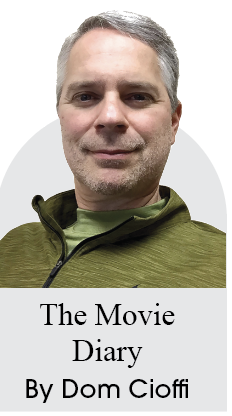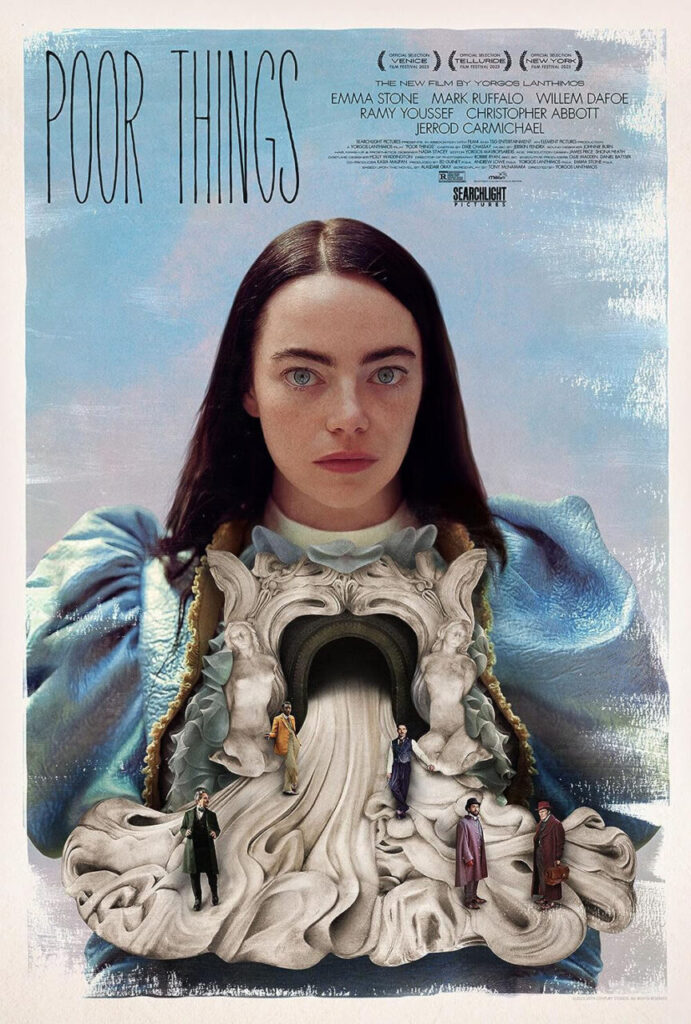 In the summer of 1816, Mary Shelley, along with her future husband Percy Shelley and a few friends, spent time at the beautiful Villa Diodati near Lake Geneva in Switzerland. This was known as the “year without summer” due to the volcanic eruption of Mount Tambora (which disrupted global weather patterns), so they experienced less than hospitable conditions.
In the summer of 1816, Mary Shelley, along with her future husband Percy Shelley and a few friends, spent time at the beautiful Villa Diodati near Lake Geneva in Switzerland. This was known as the “year without summer” due to the volcanic eruption of Mount Tambora (which disrupted global weather patterns), so they experienced less than hospitable conditions.
During their stay, the group engaged in discussions about the supernatural, literature, and the potential for each member to write a ghost story. This led to a creative challenge to see who could come up with the most chilling tale. Inspired by these discussions, Mary Shelley first conceived the idea for a new book entitled, “Frankenstein.”
Shelley drew inspiration from various sources, including the scientific and philosophical ideas of her time, which included Luigi Galvani’s works on galvanism and the experiments of Erasmus Darwin. She also tapped into her own life experiences, including the death of her first child and the frequent discussions she had with her husband about the nature of life and death.
The novel was published anonymously in 1818 when Shelley was just 21 years old. Shelley opted for an anonymous publication due to the prevailing opinions of the time that believed women writers were inferior to men. It may have also been considered bad taste to have a woman writing about the taboo topics covered in the book.
Initial reviews of “Frankenstein” were mixed. Some critics praised the novel’s Gothic elements, its exploration of scientific and moral themes, and the writer’s narrative skill. However, others expressed reservations about the novel’s dark and unconventional subject matter (remember, this was Victorian England).
In 1823, a second edition of “Frankenstein” was published, with Mary Shelley’s name appearing on the title page for the first time. This edition included a new introduction by Shelley, providing insight into the creation of the novel and addressing some of the criticism.
Later in the 20th Century, “Frankenstein” experienced a critical reevaluation, with scholars recognizing its importance as an early work of science fiction and its exploration of complex themes related to morality, identity, and the consequences of scientific discovery. It also gained immense popularity from frequent stage and film adaptations.
All of this is particularly impressive given that Shelley only had an informal education through her father (granted, Mary’s father was William Godwin, a famous philosopher, political theorist, and novelist who played a significant role in the development of philosophical anarchism). Godwin had an enormous library that Shelley read from, but to write what is regarded as one of the great English novels at such a young age speaks to her profound intellect.
It also seems that Shelley was ahead of her time in the romance arena since she began her romantic relationship with the poet Percy Shelley (her future husband) when she was only 16 years old. Their affair was considered a major scandal at the time and may have been another factor in why “Frankenstein” was published anonymously.
Shelley’s “Frankenstein” has been a prolific source of inspiration for numerous movies and adaptations across different genres, including “Frankenstein” (1931), “Bride of Frankenstein” (1935), “Young Frankenstein” (1974), “Mary Shelley’s Frankenstein” (1994), “The Bride” (1985), “Frankenstein” (2015), and “Victor Frankenstein” (2015). The novel’s enduring themes of science gone awry, the consequences of playing God, and the nature of humanity have captivated filmmakers and audiences alike.
And now we have another film deeply inspired by the classic Shelley novel, except in this story, sexual liberation and control are the central themes being explored.
“Poor Things,” directed by Yorgos Lanthimos (“The Lobster”) and starring Emma Stone, is a dark comedy that follows the travails of a young woman named Bella who was “created” by her mad scientist father. After she matures, Bella embarks on a voyage of self-discovery throughout Europe marked by a bevy of sexual escapades. In every scenario, however, Bella is in danger of being controlled by those that seemingly adore her.
This is a wildly creative film marked by several interesting and diverse performances and a highly stylized cinematic presentation. The story is also intriguing, albeit highly sexualized, so if you’re thinking about attending, be sure that you’re in the right company.
A crafty “B” for “Poor Things,” now playing in theaters everywhere.
Got a question or comment for Dom? You can email him at [email protected].

Submitted



